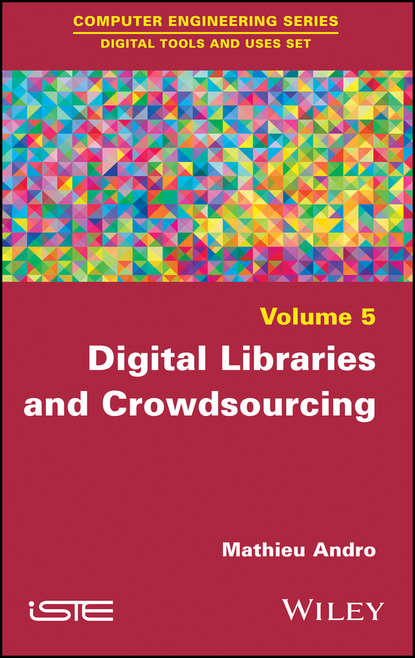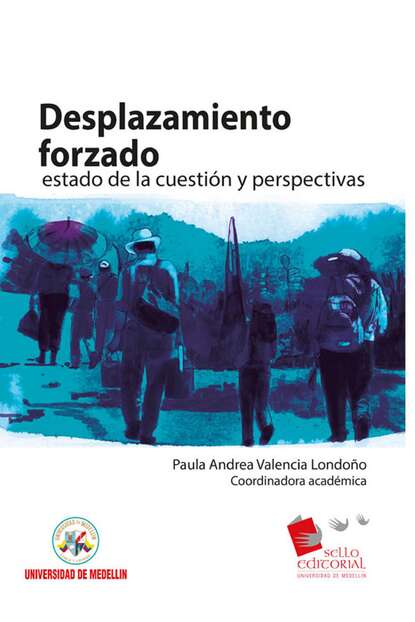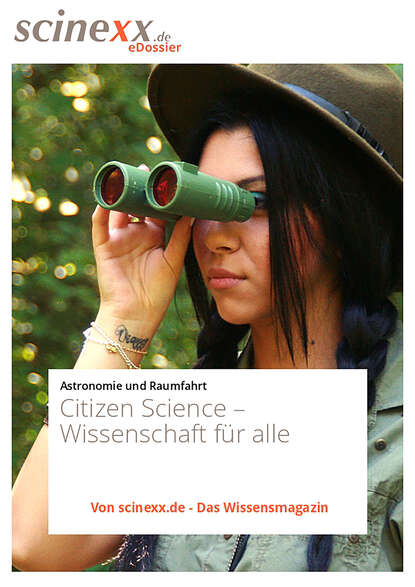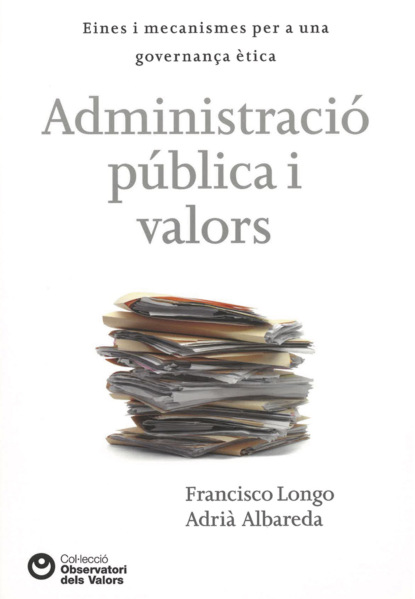Книга "Digital Libraries and Crowdsourcing" рассматривает новый подход библиотек по всему миру к привлечению пользователей интернета для совместной работы над созданием библиотечных ресурсов. Вместо того чтобы обращаться к поставщикам услуг в странах с низкой затратностью труда, библиотеки все чаще обращаются к общественности интернета, делая свои отношения с пользователями более коллаборативными. Эти пользователи интернета могут быть как добровольцами, так и оплачиваемыми, работать сознательно, неосознанно или в форме игр. Они могут предоставлять трудовые ресурсы, навыки, знания или финансовые ресурсы, которые необходимы библиотекам для достижения невероятных целей.
This book looks at digital libraries from a new perspective -- not as static repositories of information, but as dynamic, ever-changing spaces driven by collaboration between libraries and users. Andro examines how digital libraries are harnessing the power of crowdsourcing to build new communities, solve transient problems, access new information, and extend their reach into underused areas. He focuses specifically on the underlying theories of participatory systems, and explores how public relations, corporate social responsibility, transgender activism and a range of other social phenomena drive the visible aspects of emerging forms of digital crowdsourced library innovations. By drawing on the experiences of major academic and research libraries, Andro highlights practical approaches and identifies challenges in bringing communities together effectively for a common cause institutional development.
Электронная Книга «Digital Libraries and Crowdsourcing» написана автором Mathieu Andro в году.
Минимальный возраст читателя: 0
Язык: Английский
ISBN: 9781119489146
Описание книги от Mathieu Andro
Instead of outsourcing tasks to providers using labor-intensive countries, libraries around the world increasingly appeal to the crowds of Internet users, making their relationship with users more collaborative . These internet users can be volunteers or paid, work consciously, unconsciously or in the form of games. They can provide the workforce, skills, knowledge or financial resources that libraries need in order to achieve unimaginable goals.



















